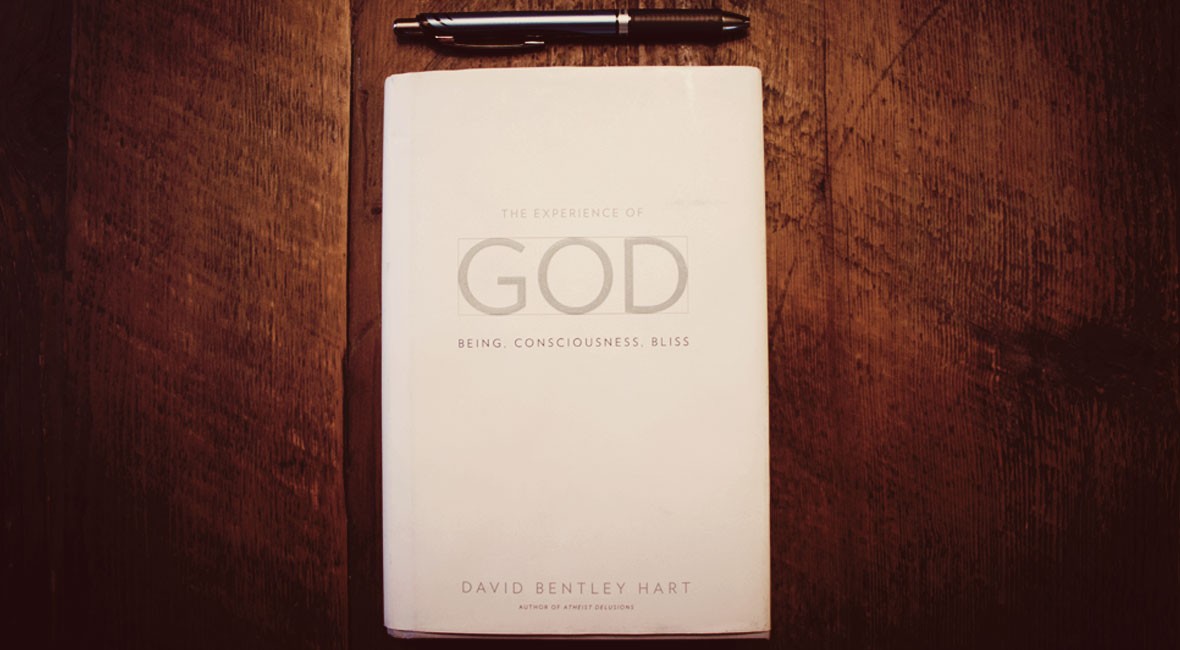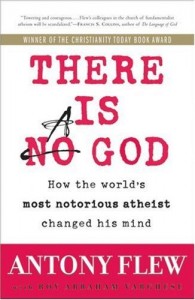Have you ever heard someone ask that old skeptical question, “If God exists, why is there so much pain and suffering in the world?” That’s a good question. It’s a question that deserves a thoughtful, reasonable answer.
But there’s an assumption that lies underneath that question, and it is this: “If God exists, and he is good, then he should only allow pleasure into this world.” But who, by pursuing pleasure, has ever truly found happiness, completeness, and fulfillment? Isn’t our world littered with stories of people who looked like they had it all—money, sex, power—but who were utterly void of character and contentment? Haven’t we seen, through the AIDS epidemic and the horrors of abortion, that the unbridled pursuit of pleasure has brought as much, if not more, pain and suffering than any war in human history?
Not only has the pursuit of pleasure caused untold amounts of pain, but pain and suffering are often far more redemptive than pleasure. Most of us grow and develop character through the most painful, difficult periods of our lives; but few of us grow when things are easy.
Human beings were created by God to exercise dominion over the world. We were created to be Stewards of the earth and Servants of the King, God himself. I believe that God’s intention was to, in the course of due time, invite human beings to reign over Creation with him, seated with him on his throne, so to speak. (By the way, that’s exactly what Jesus promises to those who are faithful in the book of Revelation.)
But our first parents didn’t see that; they got greedy, and so they rebelled against God. The stewards of the earth rebelled against the King of Creation. In our rebellion, we have frustrated our world, living in conflict with it rather than ruling over it with wisdom and grace. We have very little say over the manner in which we live and die on this planet. It’s not so much that we live in a fallen world, it’s that we are fallen people bringing the world down with us.
Listen to how Paul puts it in Romans 8.
For those who are led by the Spirit of God are the children of God. The Spirit you received does not make you slaves, so that you live in fear again; rather, the Spirit you received brought about your adoption to sonship. And by him we cry, “Abba, Father.” The Spirit himself testifies with our spirit that we are God’s children. Now if we are children, then we are heirs—heirs of God and co-heirs with Christ, if indeed we share in his sufferings in order that we may also share in his glory.
I consider that our present sufferings are not worth comparing with the glory that will be revealed in us. For the creation waits in eager expectation for the children of God to be revealed. For the creation was subjected to frustration, not by its own choice, but by the will of the one who subjected it, in hope that the creation itself will be liberated from its bondage to decay and brought into the freedom and glory of the children of God.
We know that the whole creation has been groaning as in the pains of childbirth right up to the present time. Not only so, but we ourselves, who have the firstfruits of the Spirit, groan inwardly as we wait eagerly for our adoption to sonship, the redemption of our bodies.
What the Christian faith tells us, and what you won’t hear anywhere else in the world, is that God has intimate, first-hand knowledge of human suffering. Jesus, the Son of God, suffered an excruciatingly painful death on the cross. Not only that, but he endured the emotional pain of abandonment, rejection, and betrayal, all in his hour of greatest need. Even more than many of us, God knows what pain and suffering feel like.
But the pain and suffering of Jesus turned into the redemption of all humanity. Through the crucifixion, God forgave us of all our sins. And after the crucifixion came the resurrection, where Jesus’ suffering became his glory. We, too, through faith in Christ, await the day of our own resurrection, when our suffering becomes our glory, and when we begin to do what we were made to do, rule over the earth right alongside the Son of God.


